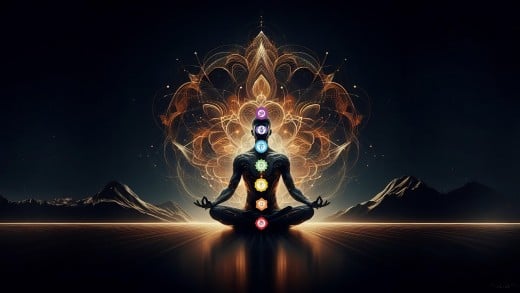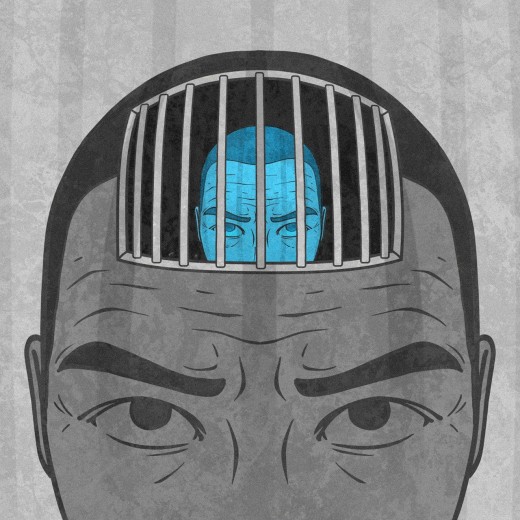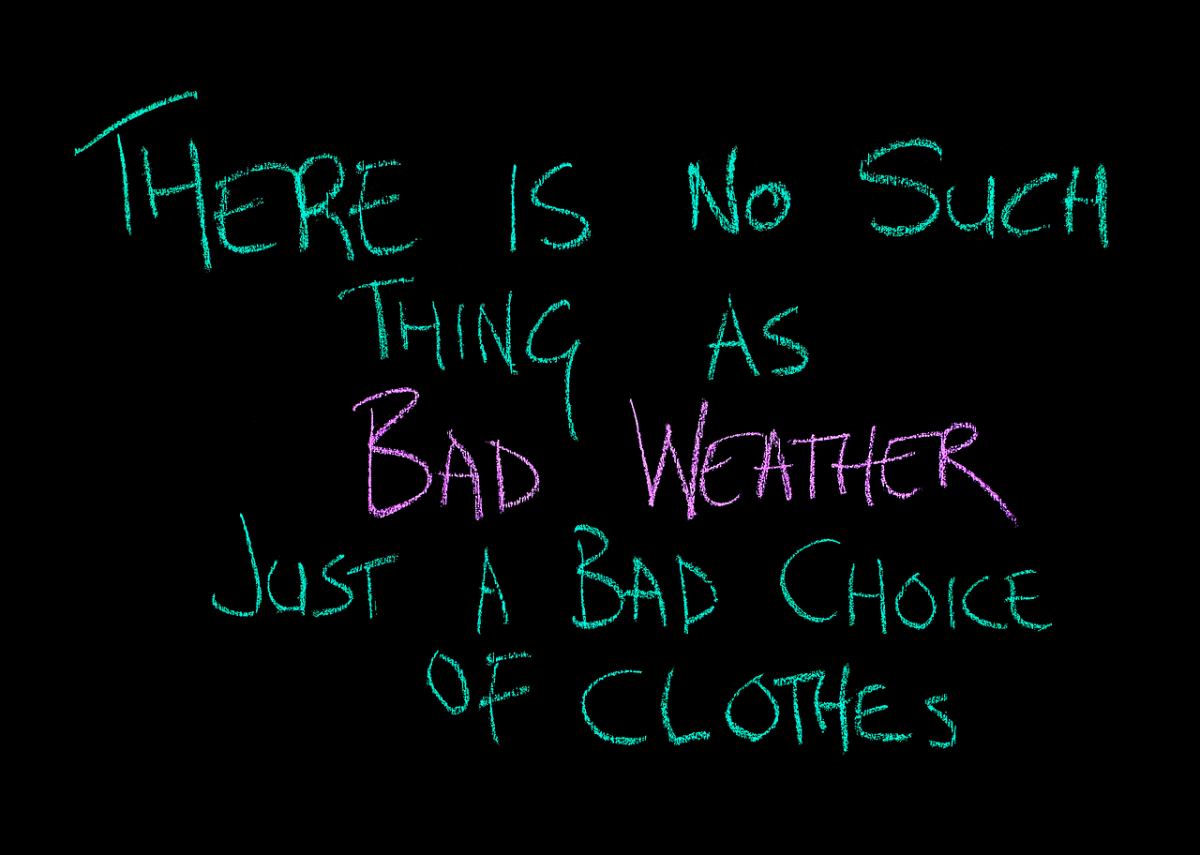Happiness From (Non-Religious) Spirituality

When you rise in the morning think of what a privilege it is to be alive, to think, to enjoy, to love.
-- Marcus Aurelius
Happiness = Spirituality, Unhappiness = Ego
After a considerable reading on themes of happiness and spirituality from motivational and mental health sources, I can't but notice a major misconception prevailing when it's about attaining either of them.
Namely, it seems that they are all focused on "removing" unhappiness, while also attaching spirituality to religiousness -- while neither of these positions sits well in my mind.
Talking more from personal experience than from the literature of this genre, happiness is much more than an "absence of unhappiness". As a matter of fact, if we succeeded to remove all those causes of our being unhappy, we wouldn't automatically end up being happy.
The reason for that is that unhappiness, with all its psycho-physiology, is in the domain of ego, while happiness is a matter of our awakened spirituality.
Thus, by merely bribing our ego into somehow leaving us alone -- usually by excitements like excessive shopping, sex, overeating, amassing possessions, striving for a status in society, gambling, partying, and any other forms of emotional stimulation, we won't do anything for our becoming more spiritual and happy.
Excitement is not happiness and nor it leads to one.

You have to grow from inside out. None can teach you, none can make you spiritual. There is no other teacher but your own soul.
-- Swami Vivekananda
Spiritual Doesn't Mean Religious
Another point worth mentioning is that spirituality is not to be mistaken for religiousness -- the two concepts that are frequently presented as synonymous with one another.
The basic difference being that religiousness is getting its inspiration from the outer sources -- a deity, a holy book, a holy place, a preacher and suggestive rituals, whereas spirituality comes from within, from intuition and heart, coupled with a conscious intent to explore the divine mystery of one's human essence.
Furthermore, spirituality is heavily assisted by mental discipline boiling down to a sound stress management, which disables all ego's concerns of survivalism.
It's about our quest to find our place in the universal scheme of creation, giving us a sort of a status of mini-gods, responsible for the creation of our intimate and outer reality. That makes us proactive, while ego makes us reactive in the dynamics of life praxis.
Religiousness is putting us at the second place after a deity, while ascribing to us attributes of sinfulness and imperfection in their variety of facets.
Unlike religiousness, spirituality does not deal with dualities of "good-versus-bad", "divine-versus-evil", "pure-versus-sinful", and ultimately doesn't make a distinction between universal intelligence and our own -- while seeing us as embodiments of it, as potential avatars -- just as a sort of "hiding under the inner drama of ego".
However, spirituality is hard to adequately describe, for the very reason of it's basically being an experience, not a system of beliefs that would be easy to verbalize -- like it is the case with religiousness with its "sermons, commandments" and alike. And the same is true with true happiness -- like, you can never "describe" the taste of bananas to someone who never tasted them before.
For yet another distinction, with spirituality we change, we evolve, and what was yesterday's modus of processing reality -- inner and outer -- may be spontaneously replaced by an inner shift which might even mean an upregulation in our genetic profile.
Namely, we are genetically predisposed to stresses of our ancestors, with something like a "cellular ego", which gets resolved through spiritual awareness and its "genetic updates".
This dynamism insisting on an inner unfoldment of that best in us is different from religiousness which basically insists on the fixed tenets of its teaching. Furthermore, this principle of inner change then enables that crucial inner flexibility that facilitates the state of happiness.
At the other end of our inner hierarchy of mental forces, ego is stiff with its strategies of surviving, and as such forming an autopilot from which we don't dare to stray.
Since everything vibrates, ego's frequencies are literally suffocating those of a happy, free flow of energies.
As I am doing my daily practice of a well trained blissfulness-at-will, and then look at the people around me, I am so deeply aware of a tremendous difference between a proactive and reactive emoting, as I am witnessing their acting out their ego's autopilot.

Awakening is not changing who you are, but discovering who you are not.
-- Deepak Chopra
Living in the Prison of a Genuinely Pissed Ego
Ego is a terrible copycat, from an early age copying from others all the rules of the life game -- including when it's time to feel good, and when it's time to feel miserable in all of its varieties.
So, without their ego's autopilot most of the people wouldn't know when to laugh and when to cry, when to feel insulted, when to feel playful, and so on. Look at the toddler falling and then looking at mom's face to see what to do, if to cry or not -- depending if she is laughing and maybe clapping, or she looks worried and rushing to pick him up.
For the great majority of folks, their version of happiness is something conditional and depending upon circumstances. It's not that constant and "purring sense of feeling at home in their own skin" with just some variables in contents and intensities.
Ego's main characteristic is this inner conflict between different tendencies, which is so often exteriorized in people's interactions with others. So they literally seek those situations where that inner conflict will come to its outer expression.
Which brings us to individual and collective consciousness.
Since ego is formed by others' suggestive influences, people are programmed to live the reality of the nation, with a pronounced collective consciousness, not creating their own reality stemming from their individual consciousness.
So we see their minds monkeying around their political favoritisms, losing nerves over things over which they have absolutely no control. We can't go wrong by saying how they are living everybody else's life but their own.
Oftentimes meaning that they "know" more what has to changed in the White House than in their own.
How can that possibly be a recipe for happiness?
By allowing their ego to think for them, they fancy how "they would become truly happy if this or that political careerist got in power". Then, even when that wish has come true, now they are, again, too busy bitching about the opposition thwarting their political champ's great efforts to make them and the whole nation happy.
What again is that definition of losers?
Indeed, it's never meant to become a happy moment, just something in the category of "a faked orgasm".

I close my eyes in order to see.
-- Paul Gauguin
What Could Be a Little Shortcut to Happiness
Is there a way to just make that inner shift toward a more happy state of being?
Well, we may never know unless we try the following, and I mean do it with a little persistence.
So, whenever you feel a sort of on a crappy side -- to use this term of psychology -- just spend some time giving it all a non-judgmental look, like examining the very texture of it, without calling it "bad".
Then do something outlandishly difficult -- LOVE IT, WELCOME IT!
Yes, love that emotional crap, which will, with a little practice. detach you-the -spiritual-self from your ego. Another important thing will inevitably happen. Namely, you will disarm your ego with that loving it.
You see, whenever you "hate how you feel", you are adding to that already existing conflict within. The only way to shut the ego's routine of creating an emotional mess is to starve it for an opponent that would keep it active.
Now, at a risk of making it all sound more complicated than it deserves -- according to the principles of psycho-cybernetics, our executive subconscious is a "goal-oriented mechanism", interpreting the conscious contents as an order for action.
Now, when we are proactive, we are focused on what we want -- and when in a reactive mode, it's a focus on what we don't want -- which gives the signal to subconscious emotion-producing mechanism to either make us feel good or bad.
It's a noteworthy truism about emotions, that emotions are not what's hurting us, but our resistance to them. When we allow, and even love what we feel, the inner resistance -- call it "conflict" -- gets resolved.
As the ultimate result, our spiritual self triumphs over ego, now raising our frequency and giving us that joyful model of psycho-physical functioning that we call "genuine happiness".
And then the only left over question for us to face is -- do we really want to be happy, or our ego has gained so much power that it will throw some incredible obstacles on us before we give it up with a sigh, while saying: "Well, what the hell, no one is perfect, and life is a bitch".
© 2025 Val Karas








